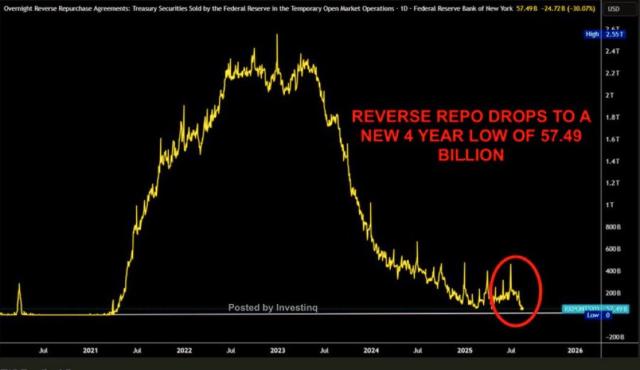A Chinese court sentenced a defendant to 3.5 years in prison for assisting in Cryptocurrency Money Laundering related to a stolen fund. This case at the Beijing Second Intermediate People's Court this demonstrates China's tightening of suspicious digital asset activities.
Court Establishes New Precedent for Cryptocurrency Money Laundering
In August 2024, the defendant, called Liu in the report, deliberately sold USDT tokens to others in exchange for 200,000 yuan, equivalent to $27,850 in cash. The court determined Liu knew the money came from fraud victims. Authorities could not trace where the illegal funds ultimately went.
Liu's sentence marks an important legal precedent in China's cryptocurrency enforcement. The court ruled that Liu's actions constituted concealing and disguising criminal origins under Chinese law. Liu received a 3.5-year prison sentence and a fine of 40,000 yuan, equivalent to $5,570.
This case highlights China's increasingly strict approach to cryptocurrency-related crimes. Semi-official media indicates authorities are sending a clear warning to market participants. Previously, courts lacked clear precedents to prosecute suspicious digital currency transactions.
Legal experts note the ruling emphasizes the defendant's knowledge of criminal origins. The court determined Liu clearly understood the illegal nature of the cash despite his denial. The legal standard of "should have known" was applied even when the defendant claimed ignorance.
Enforcement Escalating
Last year, a Beijing court sentenced a technology director to 14 years in prison for organizing a $19.5 million cryptocurrency money laundering scheme. Chinese courts have also sentenced groups for digital yuan money laundering, with prison terms ranging from 7 to 16 months. Police in Qingdao are prosecuting a case involving USDT money laundering exceeding 8 million yuan.
China's Supreme People's Procuratorate reported prosecuting 2,971 people for money laundering in 2023, a 20-fold increase from 2019. In August 2024, the Chinese Supreme Court amended anti-money laundering laws to explicitly recognize cryptocurrency transactions as a money laundering method. Authorities now consider money laundering over 5 million yuan a serious violation.
This precedent establishes clearer boundaries for cryptocurrency transactions in China's restrictive regulatory environment. Market participants now face higher legal risks when engaging in digital asset transactions.







